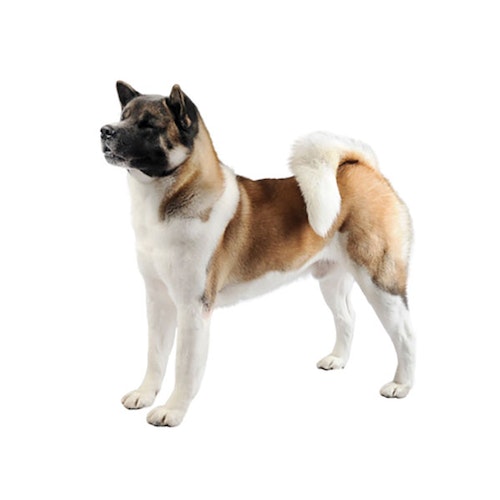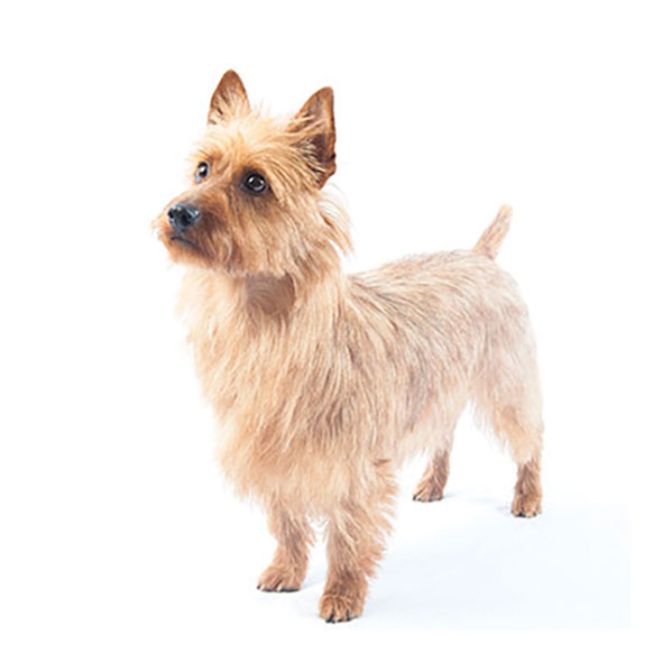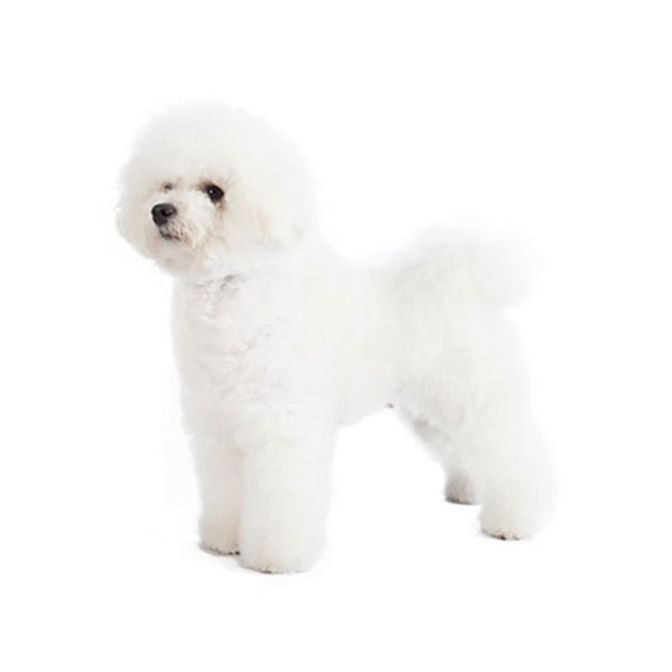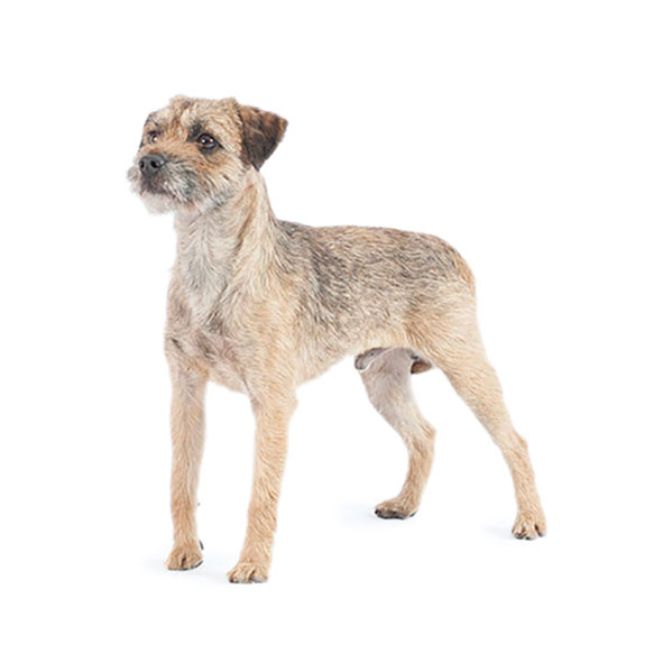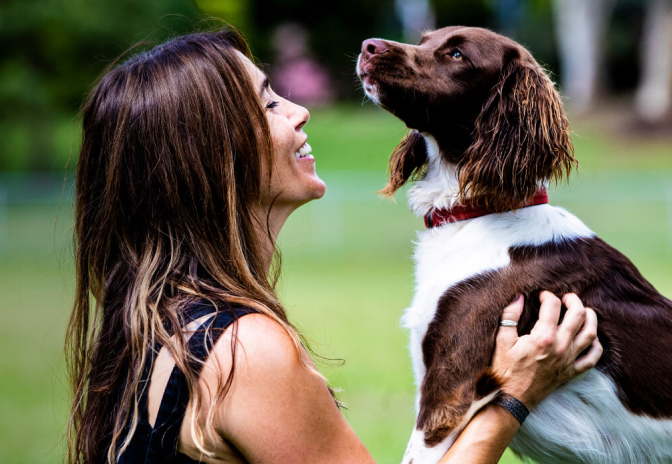Akita
Large
Double
Females can measure between 61 to 66 cm and Males between 66 to 71 cm
Medium
34 to 50kg
Conformation, Agility, Rally, Obedience
Common health concerns in Akitas include hip dysplasia, hypothyroidism, progressive retinal atrophy, and autoimmune disorders. Responsible breeders screen for these conditions. Regular check-ups and a balanced diet are key to maintaining their health.
An Akita puppy requires a high-quality, protein-rich diet to support its rapid growth and development. Adult Akitas benefit from a balanced diet tailored to their size, activity level, and nutritional needs, ensuring optimal health and vitality. Avoid overfeeding, as Akitas can be prone to weight gain, which may lead to obesity-related health issues. Providing nutritious meals and proper portion control is essential for maintaining a healthy weight, promoting longevity, and enhancing overall well-being.
The Akita, a majestic dog breed, has a rich history in Japan, where it is considered a national treasure. Originally bred in the Akita Prefecture for hunting and guarding, this loyal companion is known for its noble temperament. The breed was introduced to the West in the 20th century and later to Australia, where it is now recognized for its exceptional loyalty and protective nature.
- Akitas are known for their cat-like grooming habits.
- They are quiet dogs and rarely bark without reason.
- Akita puppy training should begin early to manage their strong-willed nature.
- They are best suited to single-dog households due to same-sex aggression.
